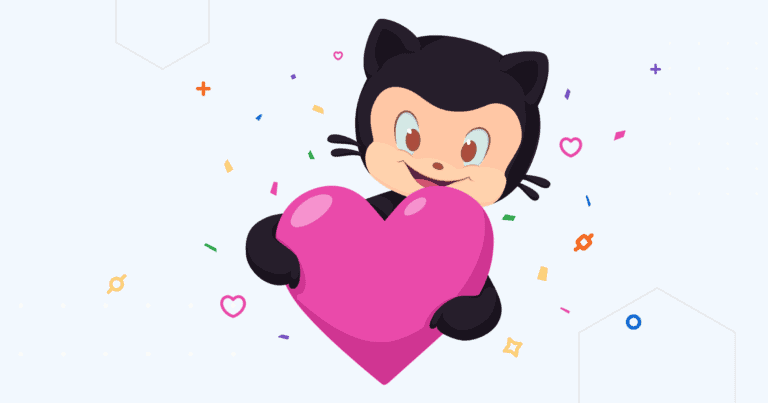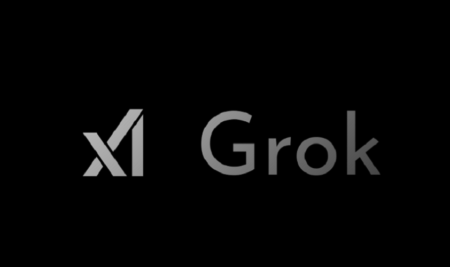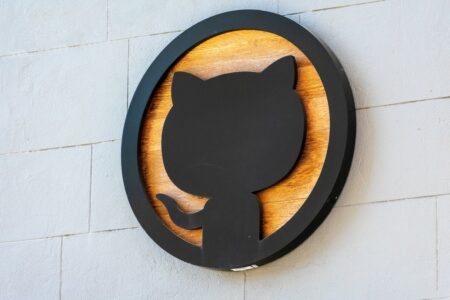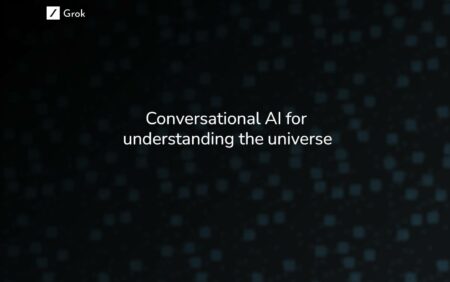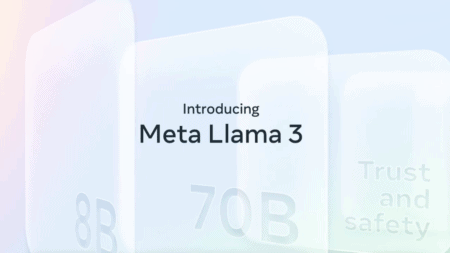GitHub has made it possible to work developers to support open source software with a monthly fee. The function is called GitHub Sponsors and works with different donation levels, reports The Verge.
This reminds us of Patreon. On Patreon, users can support the work of small artists, developers and developer groups. They do this by donating a certain amount each month, in exchange for certain rewards. How much someone donates is up to them.
The function of GitHub also comes with various donation levels, each with its own amount and its own reward. Developers can decide for themselves what those levels and rewards are, and then receive monthly recurring payments from supporters.
In this way, working on open source software becomes profitable, which has not been the case until now. This can be important: open-source software is important for much of the technology that is used on a daily basis. For example, it concerns the core of Android and small tools that are used in larger programs. Earlier it was possible to raise money via Patreon, but now this is also possible via GitHub itself, where a lot of open source software is already available anyway.
Launch
However, the feature is not available to everyone at launch. However, the company, which is owned by Microsoft, has decided that it does not charge a fee to use the program. The costs of processing payments will be borne by themselves for a period of one year. GitHub also says that it will match payments of up to $5,000 per developer in the first year that the feature is used.
Individual projects can also be used by sponsors to raise money. An administrator of a project can link to profiles of project leaders who accept donations. The platform even allows a project to link to funding pages on other websites, such as Patreon and Open Collective.
This news article was automatically translated from Dutch to give Techzine.eu a head start. All news articles after September 1, 2019 are written in native English and NOT translated. All our background stories are written in native English as well. For more information read our launch article.